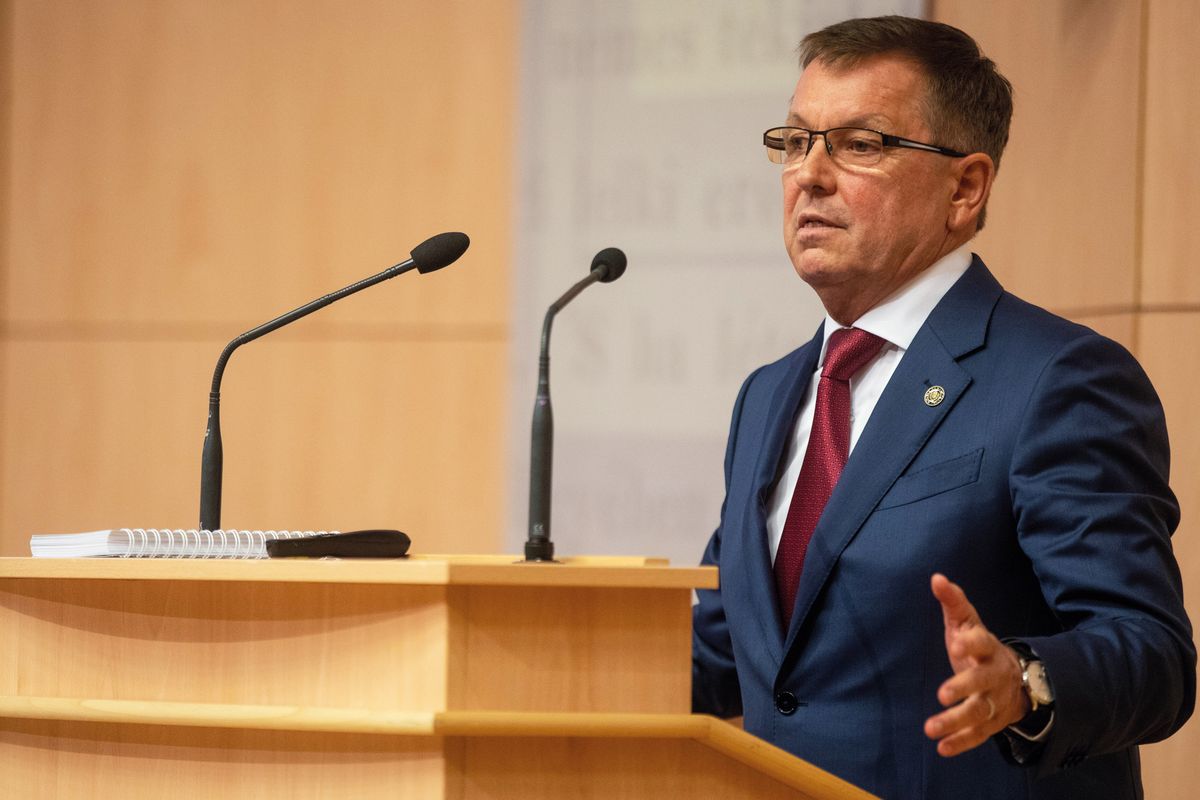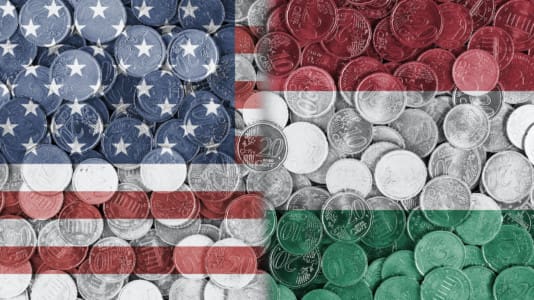On Tuesday, the Monetary Council of the Hungarian Central Bank (MNB) increased its base rate by an unexpected 125 basis points to 13 percent, a 22-year high.
MNB governor György Matolcsy said this was the last in a 16-month-long string of base rate hikes.
“We have ended the cycle of interest rate hikes that started 16 months ago, but monetary tightening will continue,” Matolcsy said at a press conference following the meeting of the Monetary Council. He stressed that the fight against inflation is not over and that the MNB will continue to fight against inflation, which is expected to slow down only next year, reaching the edge of the MNB’s tolerance band (i.e., 3 to 5 percent) by 2024.
[pp id=24676]
He said that the decade of the 2020s is reminiscent of the decade of the 1970s, with low growth, high inflation, and unexpected shocks. However, the Hungarian Central Bank — like the Federal Reserve in the United States — was among the first to recognize this, said Matolcsy. He added that the inflation phenomenon is why the base rate was raised to the highest level, coupled with a number of challenges, including the current account deficit. The central bank also takes financial stability into account when making monetary policy decisions, he added.
“There is no point in going beyond a double-digit base rate,” Matolcsy said. “However, the MNB maintains that we need to return to the path of balance and growth, which the epidemic has led us away from.”
The central bank chief reiterated his earlier criticism that the Hungarian budget had deviated from the common Polish-Hungarian equilibrium path. Therefore, he said, transitions in Hungary, such as the digital and competitiveness transitions and the reorganization of higher education, must now be accelerated. However, this requires capital, Matolcsy stressed.
MNB Vice-President Barnabás Virág said fresh September inflation data shows that consumer prices will remain on an upward path in the coming months, but that price pressures will become more pronounced from 2023.
The inflation rate is expected to be between 13 and 14.5 percent this year and 12 to 14 percent next year. Economic growth will be between 3 and 4 percent this year and between 0.5 and 1.5 per cent in 2023, according to the vice-president, but even that small growth forecast might not materialize due to downward risks.






